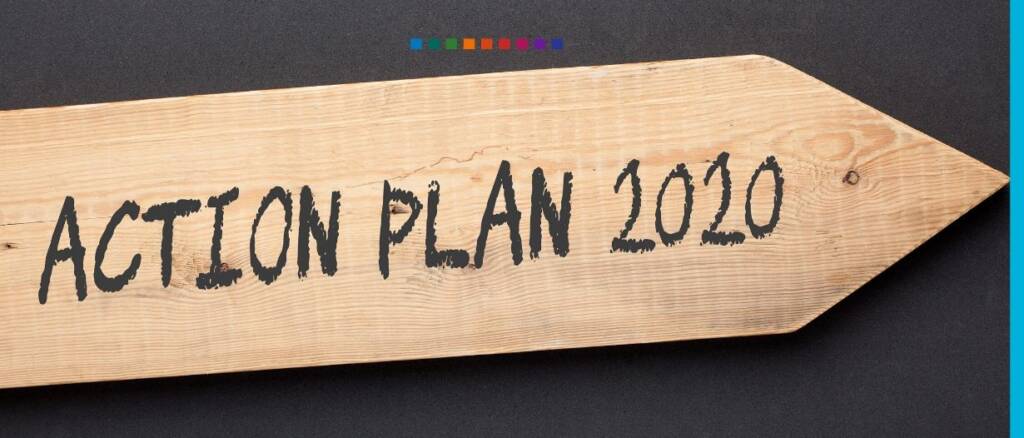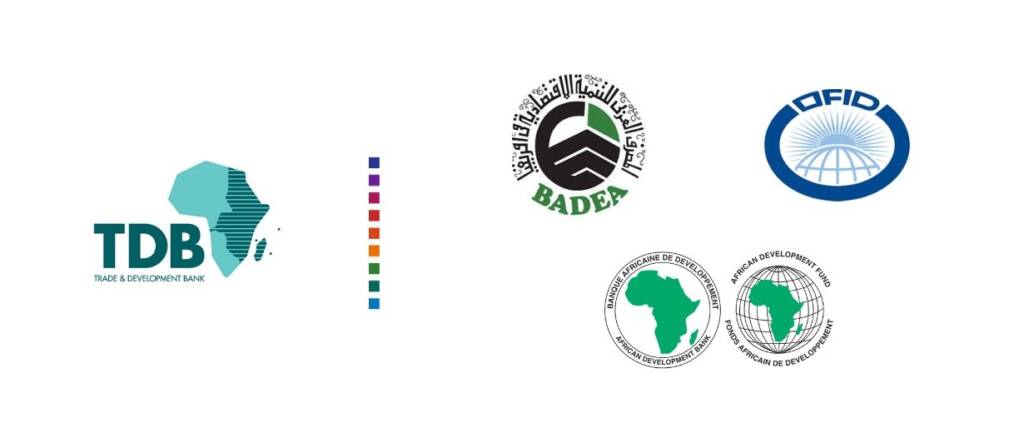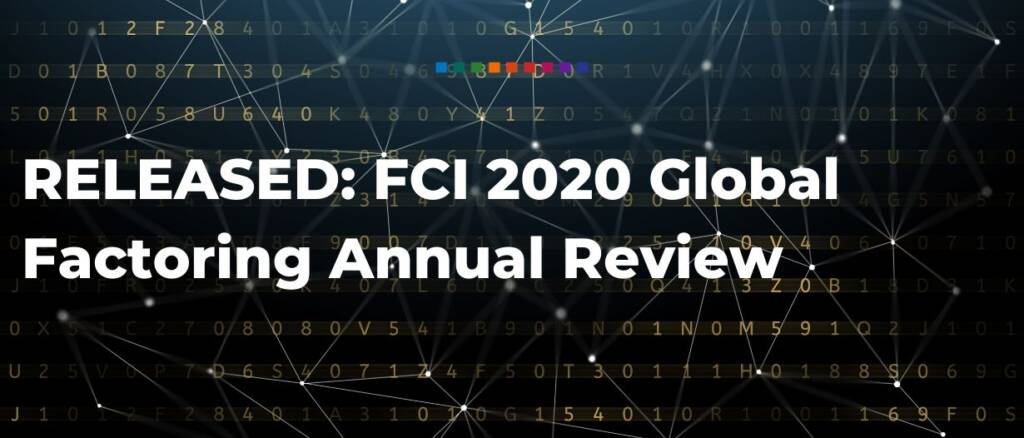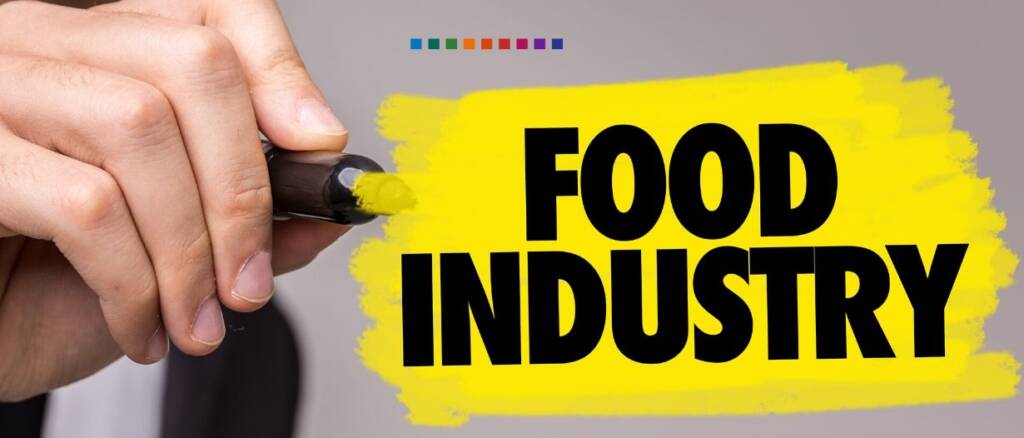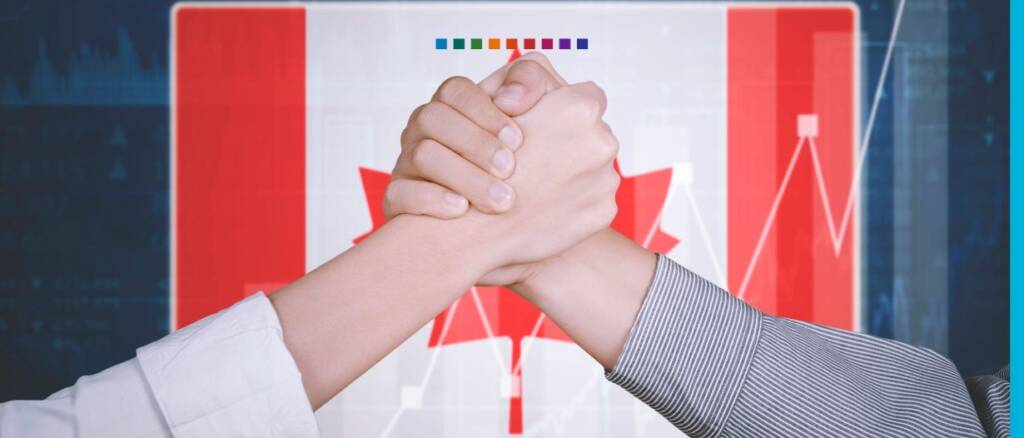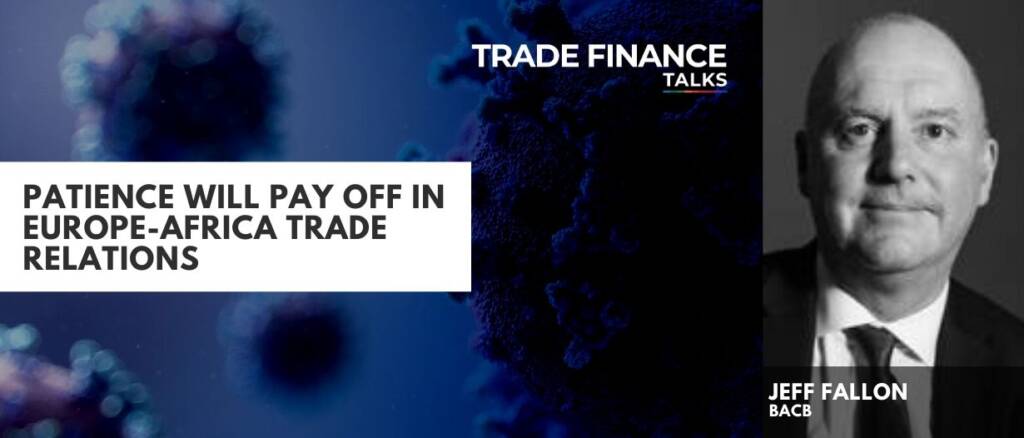The Business Plan outlined new objectives that will allow UKEF to adapt its support for SMEs, help businesses across all the regions of the UK, access UKEF products, and focus its activity on sectors and countries.
The grant, which falls under the umbrella of the Arab-Africa Trade Bridges Program’s response to the COVID-19 crisis, provides immediate emergency funding to fight against novel coronavirus. (Jeddah, KSA, 25… read more →
Nairobi, 24 June 2020 – The African Development Bank (AfDB), the Arab Bank for Economic Development in Africa (BADEA), and the OPEC Fund for International Development (the OPEC Fund) have, once… read more →
The FCI Annual Review is a globally recognised publication in the world of Factoring and Receivables Finance.
Singapore & Malta, 23 June 2020 Contour, the Singapore-based open trade finance network, today announced its partnership with essDOCS, the leading enabler of paperless trade. The news follows Contour and essDOCS’ initial… read more →
Package of measures designed to turbo charge UK food and drink as the world recovers from coronavirus The plan will provide unprecedented help for SMEs and allow them to capitalise… read more →
Considering the stakes involved in managing the AML/KYC compliances are high, banks/ FI should carefully assess the options available with them and look holistically to mitigate the risk.
SMEs need to explore innovative financing options like trade credit insurance as they plan and prepare for the “new normal”.
By leveraging technology for insights, a banker can make well-informed decisions, in compliance with audit and ethics, which are in the best interest of the bank.
TFG heard from BACB’s Jeff Fallon, arguing that deeper Africa-Europe integration will be challenging in the new environment – here’s why.















